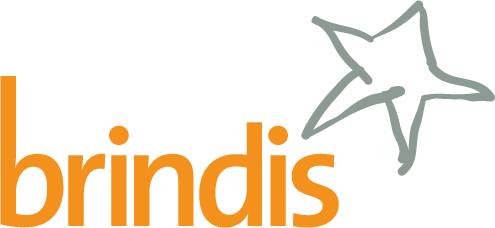Business partnerships? It’s only words…
‘Its only words’ sang the Bee Gees and quite often when we hear companies talk about partnerships that really is all it is – words. But ‘it doesn’t have to be like that’ (Erasure sang that one pop-pickers).
The word and concept can be thrown around like confetti but more often that not the marriage is a sham. The parties don’t actually care about each other and really only have their own interests at heart. They are in it for themselves. The business world pretend partnership often goes like this:
Supplier: We will ‘partner’ with them so then they are tied to us and we can sell loads and loads.
Customer: We will ‘partner’ with them so then we can push them on price and service.
Not exactly the basis for a sound relationship!
Parties may claim they are in a partnership as it suits their own needs. However, when pushed will refer to the contract they have that says it is so. If referring to a contract is the default behaviour, and one that takes place regularly within that relationship, then it is a almost certainly not a partnership. True partners would not be using the legal route to define how they work together for mutual benefit. The future here is bleak.
Yet, as the synthpop duo told us, ‘it doesn’t haven’t to be like that’. It isn’t the only way. Imagine a conversation that goes like this:
Customer: You talk about a partnership but so does everyone else, it’s just a woolly concept to make trading sound better
Salesperson: We actually mean it. We train all our people who have customer contact including technical support and engineers in Partnering Intelligence. It’s called PQ and is a validated set of skills that helps us build relationships and work more effectively faster. As part of the deal I’d be happy to include training for your people so we could reach our combined potential and achieve results even quicker.
Customer: Interesting… (*thinking – wow that really is different as every offer so far has been pretty much the same)
Salesperson: Would you like to know more about partnering skills?
The salesperson, trained in and using partnering skills can then elaborate on the elements which are
Trust: The foundation of all relationships. Without trust, there is no communication. Without trust there is no win/win. Trust is the basis for all healthy and productive relationships.
Win/Win Orientation: The ability to resolve interpersonal conflicts and solve problems using win/win strategies.
Self-Disclosure and Feedback: A clear and constant exchange of information and feelings.
Comfort with Interdependence: The ability to relinquish control and include others in the decision-making process and rely on them for the completion of tasks.
Comfort with Change: The ability to do different things and do things differently, in addition to adapting to your partner’s changing needs.
Future Orientation: Working together toward a common vision and set of goals based on a plan that is mutually developed and agreed upon.
Using partnering skills works not just to stand out against competition but being able to better deliver results.
How would this make a difference in the way you interact with your customers?
Fred Copestake is founder of Brindis, a sales training consultancy.
Over the last 22 years he has travelled round the world 14 times visiting 36 countries to work with over 10,000 salespeople.
His book ‘Selling Through Partnering Skills’ looks at the evolving world of sales and sets out what salespeople need to do to refine their approach. It explores how to take things to the next level through understanding partnering intelligence and using the innovative VALUE Framework.
Contact: https://linktr.ee/fredcopestake
Photo by Surendran MP on Unsplash
